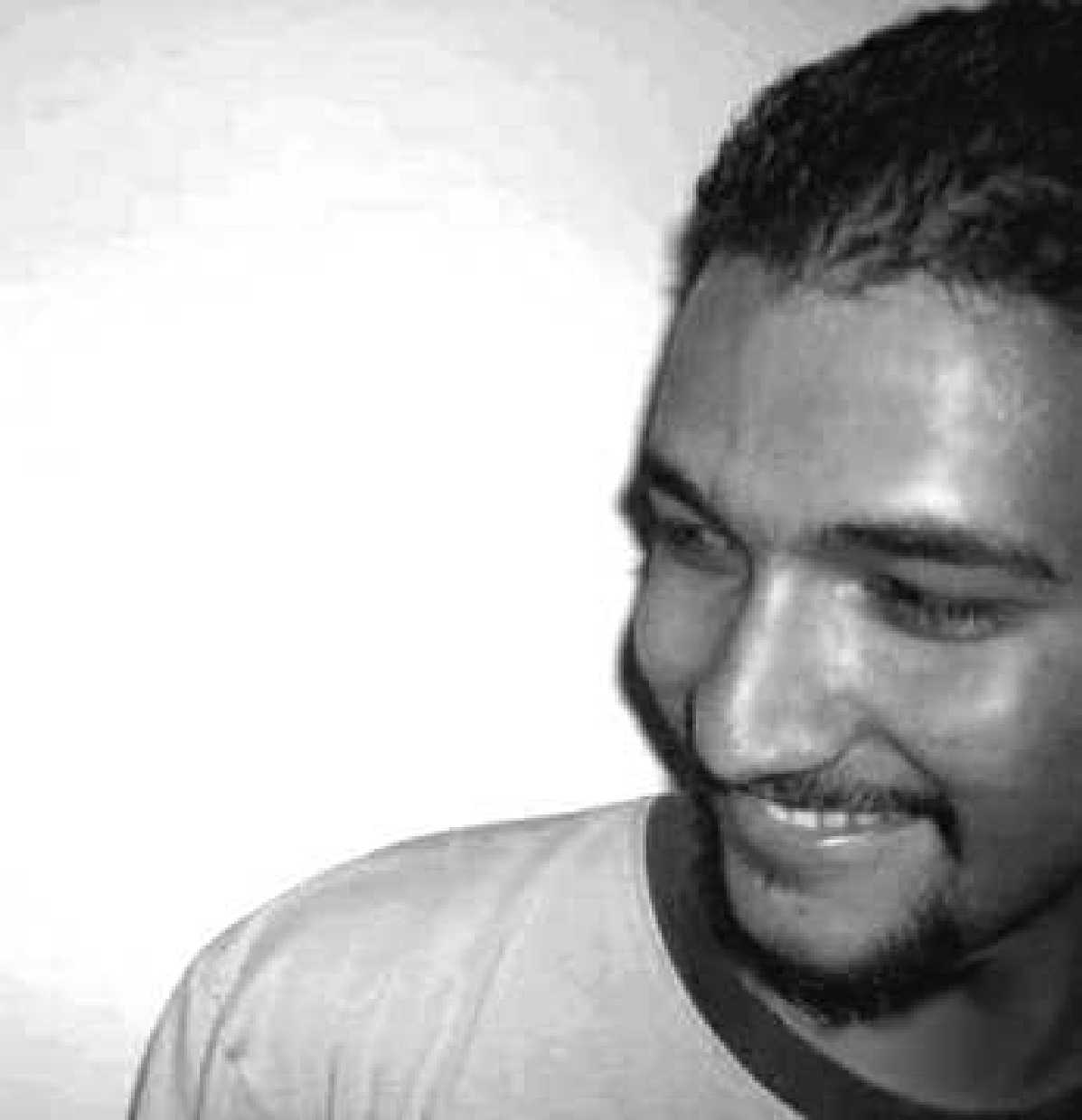 Pity: A Source of Exclusion Pity: A Source of Exclusion
While watching the shocking scenes shot in the Malatya Orphanage, I
asked myself what kind of a human being could treat a little kid like
that. Let me leave this question here; I'll get back to it in the end.
Generally, when I get too bored at home, I start a
discussion from out of nowhere. Dad, just like millions of other family
men, is a great
target for such provocations because of his adoption of the norms of
society, the common sense of the majority, and tradition. One evening, I
decided to get some action. I started to ask questions about the never-questioned
negative estimation of retirement homes for the aged. The discussion
came to a point where my parents used their ultimate weapon: "OK, if you
like the idea that much, you can send us to a rest home when we get old."
Case closed.
Yes, the case was closed, but since that day, I've
continued to feel like a conventional Hollywood detective who just can't
help reopening closed cases. I still ask why a person has to take care
of his/her parents if there are good retirement homes with an atmosphere
more suitable for old people. Why would a bedridden elderly man or woman
find it degrading to live in a good rest home with a trained staff if he/she
doesn't work and all he/she has to do is get up, eat, breathe, etc.?
It's interesting, but we don't need a huge investigation
to tell us that the vast majority of our society finds it "abnormal" to
live in a rest home. People never perceive the inhabitants of such homes
as "normal people who need professional help because of their age and
illnesses."
Consciously or not, the same judgment--that those who need
it are "abnormal"-is made regarding many other kinds of professional
help. According to society, an orphanage is not a place where normal
children get professional help because their parents are not around to
bring them up; it's a place where "abnormal" children are kept together.
They never perceive a psychologist as a person who gives professional
help to normal people when they need it; according to them, a person has
to be crazy if he/she's talking to a shrink.
People pity psychologists' patients. They also pity the
residents of rest homes, orphanages, hospitals and so on. Their pity
makes them perceive those "miserable" people as "different," this
differentiation feeds exclusion, and exclusion creates a gap between the
standard of living society demands for itself and for "the excluded."
Once someone excludes another person, he/she no longer perceives that
person as a human being who deserves respect.
So, would it be wrong to claim that pity might wipe out
respect? What if the only thing the children in Malatya Orphanage need
is respect instead of pity? And what if the media have been channeling
our feelings in the wrong direction?
İsmail O. Postalcıoğlu (POLS/III)
ismail_orhan@yahoo.com
 |







